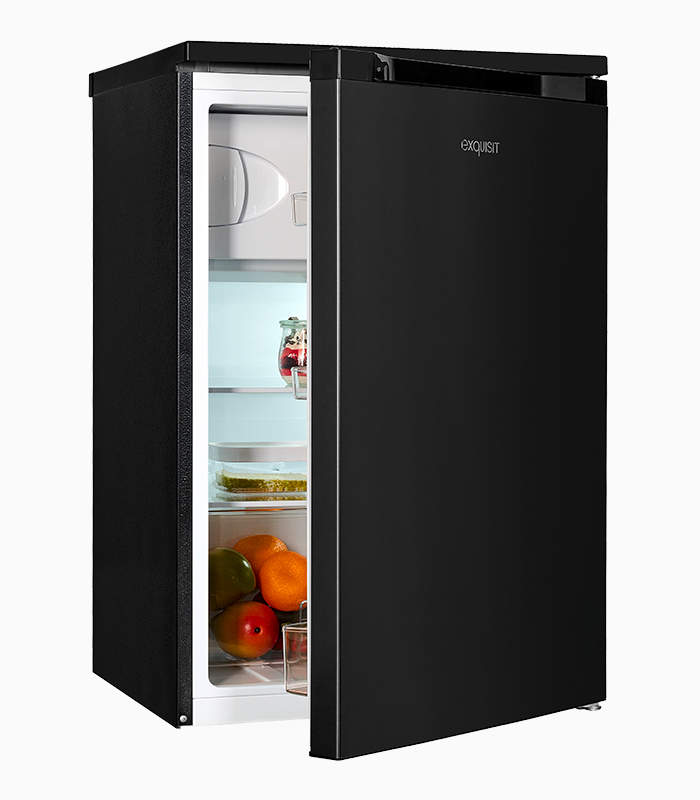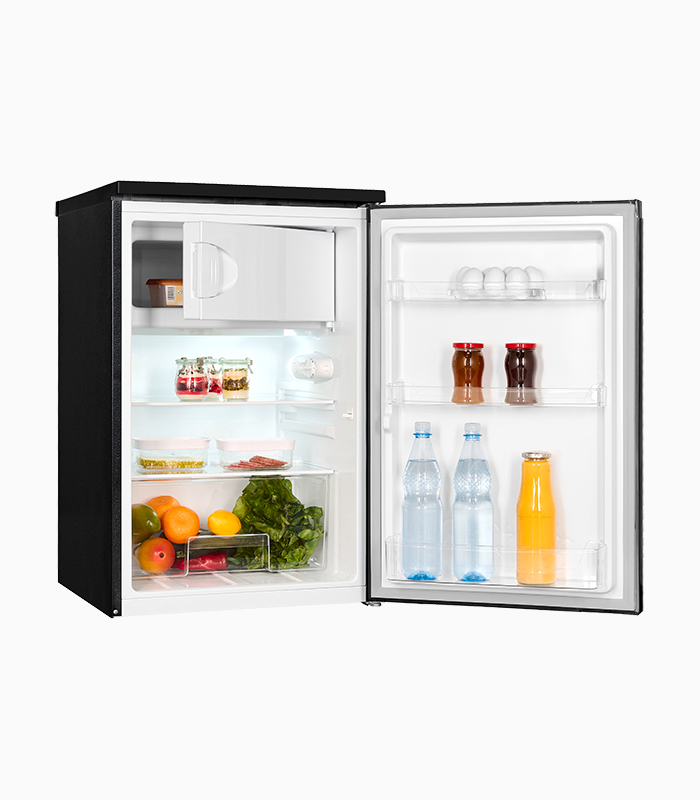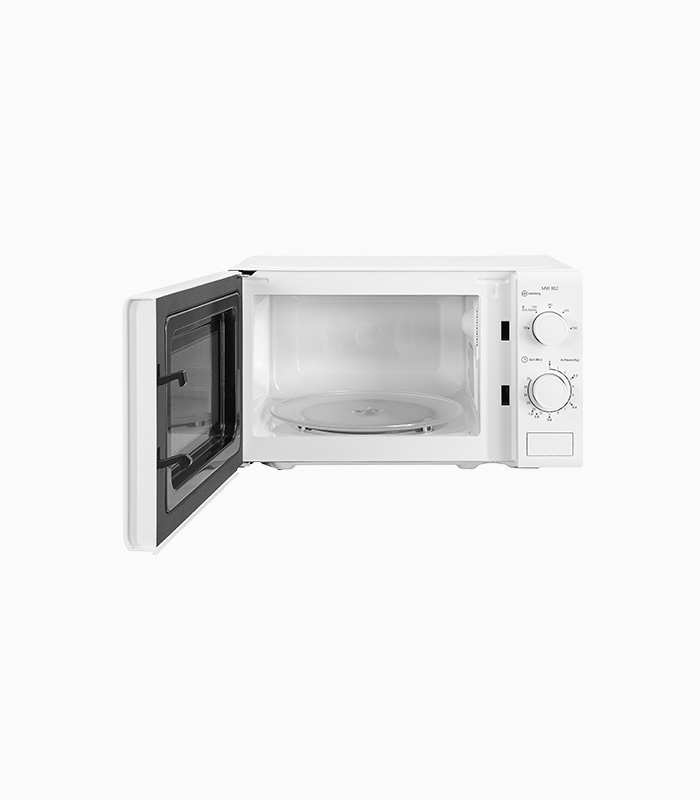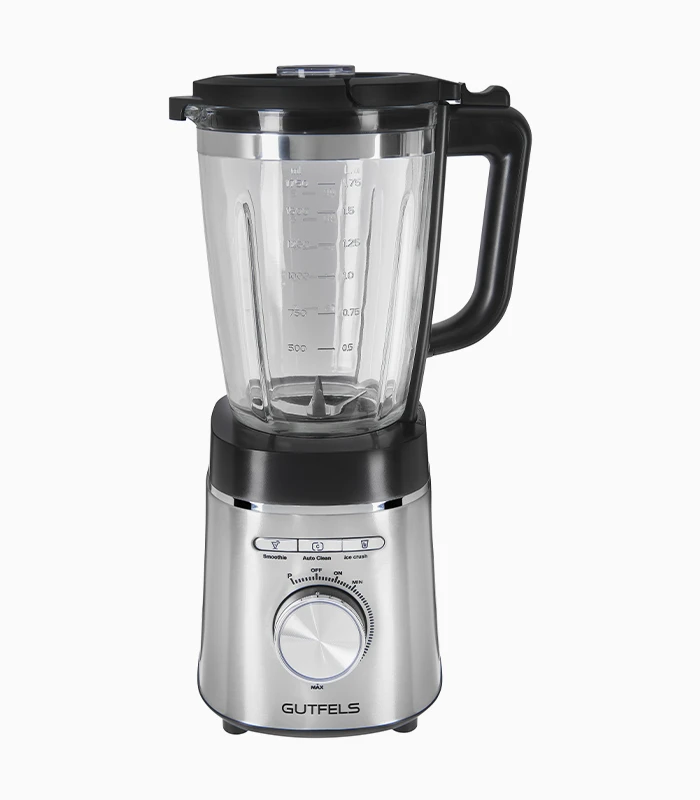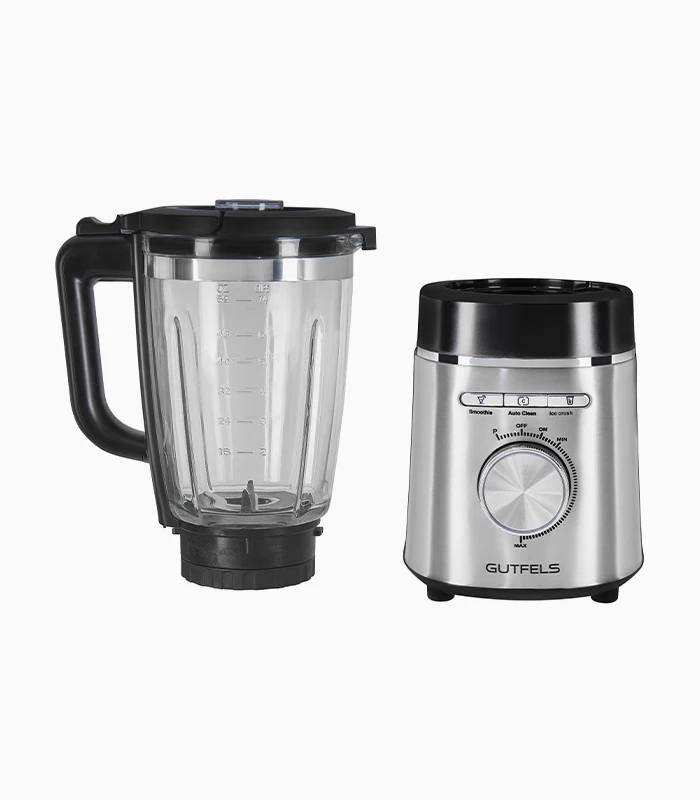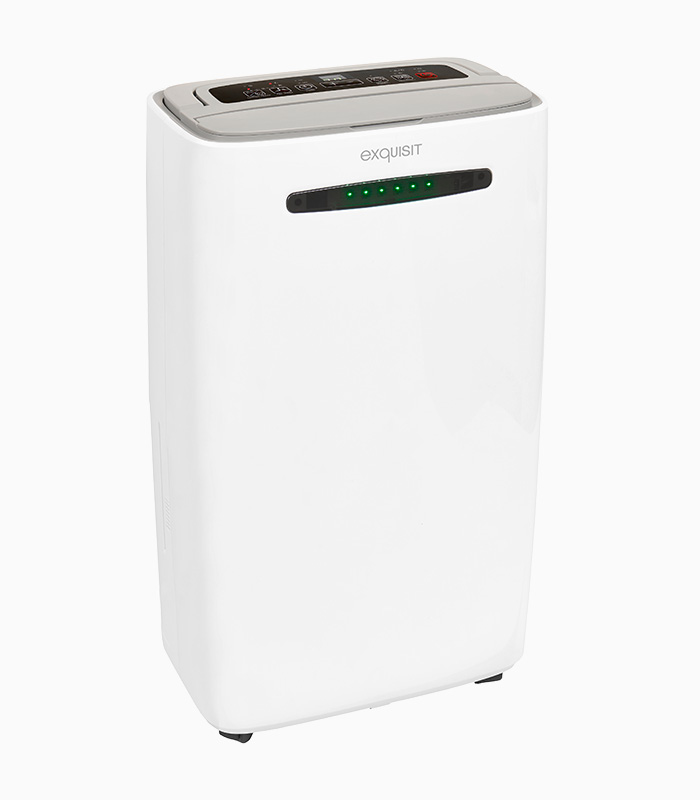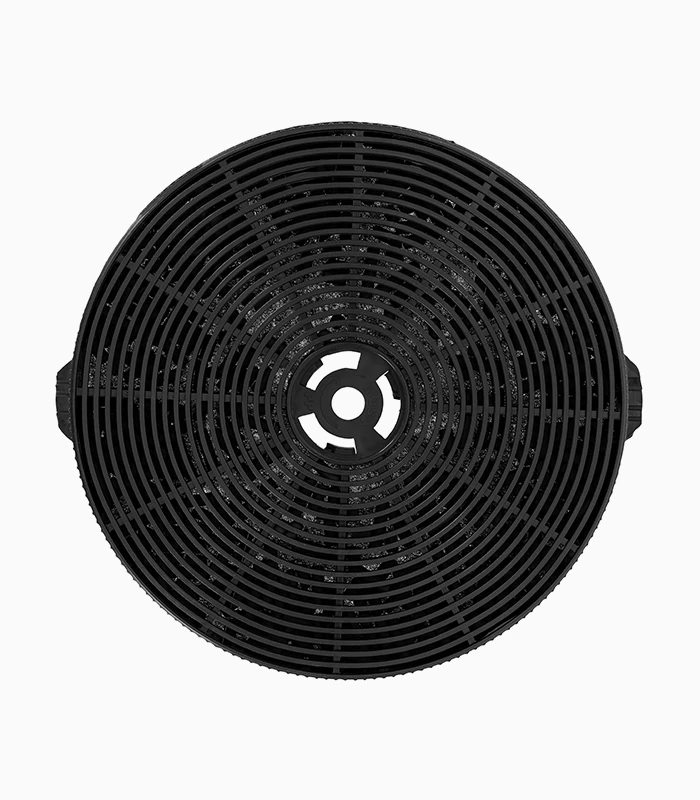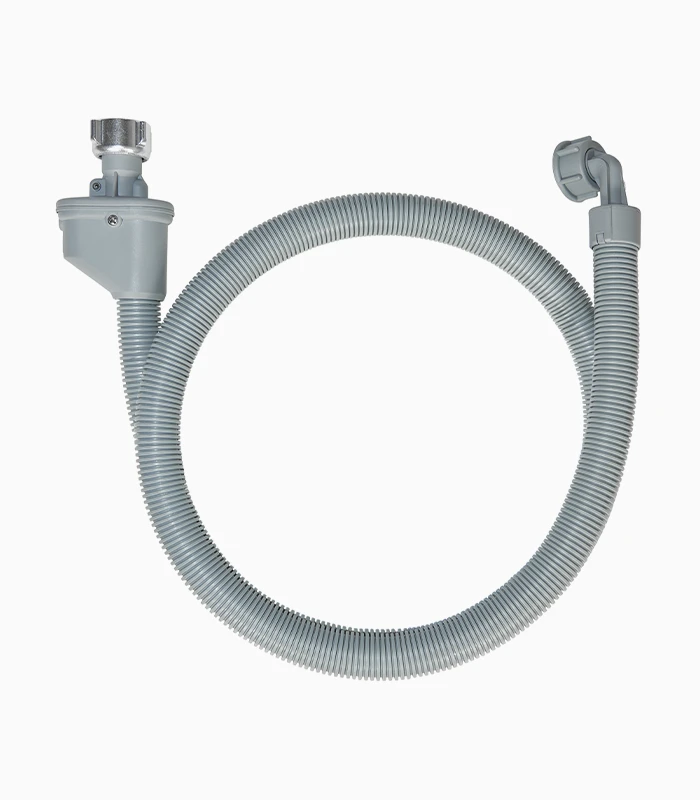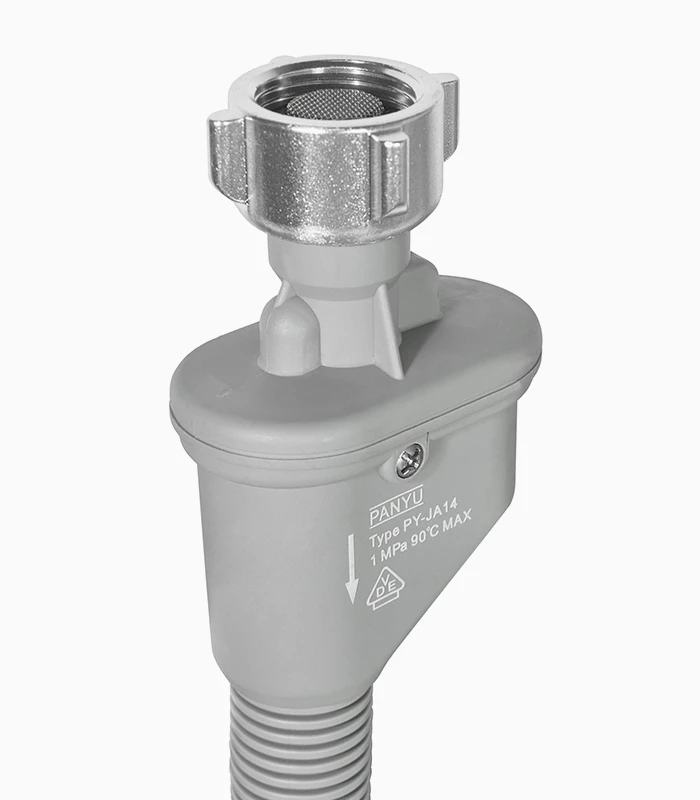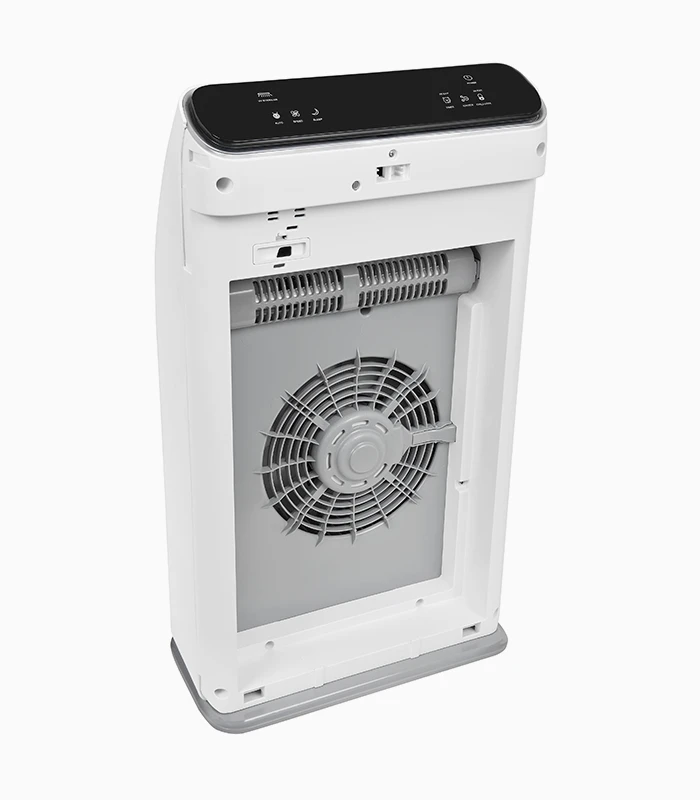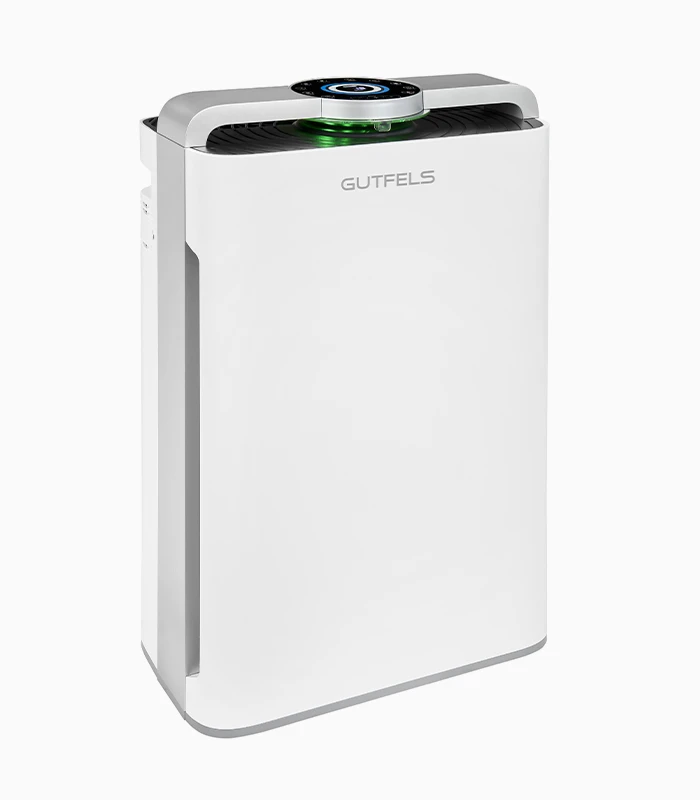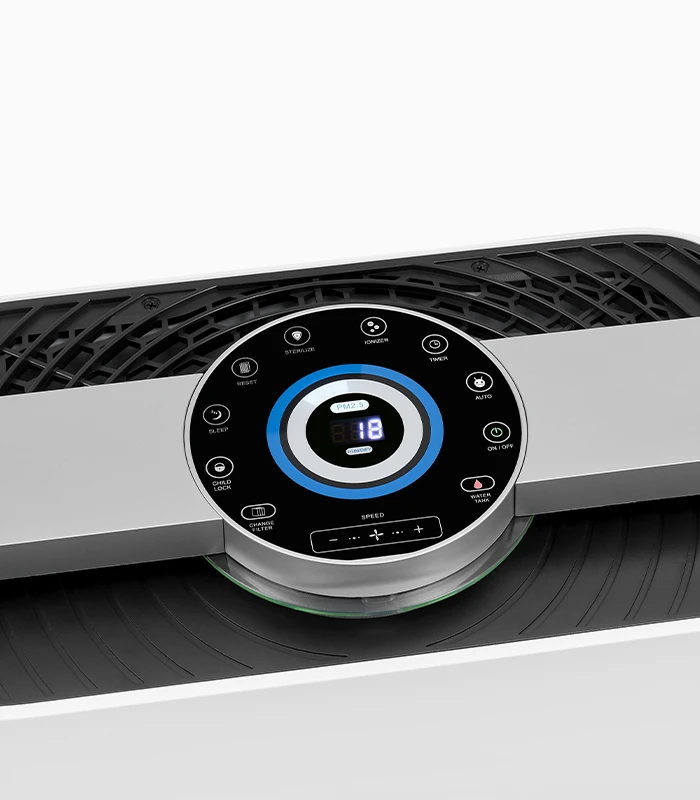Does an air purifier make sense for allergy sufferers?

Air purifier: a breathing space for allergy sufferers
For millions of allergy sufferers, the fight against invisible enemies such as pollen, house dust and animal hair is a daily companion. But a solution promises relief: air purifier. But do these devices really make sense for allergy sufferers?
The effectiveness of air purifiers
Consulting scientific studies: Yes, air purifiers can make sense in allergies. They demonstrably reduce the stress from allergens in the interior and can noticeably relieve allergic symptoms. A multicenter study from Asia showed that the HEPA air cleaner fine dust and dust mites efficiently reduce in the interior air and improve clinical manifestation in patients with allergic rhinitis.
How air purifiers work
The heart of an effective air purifier for allergy sufferers is the HEPA filter. These highly efficient particle filters can remove up to 99.97% of all particles larger than 0.1μm from the air. This means that pollen, house dust, animal hair and even the smallest floating particles are effectively filtered.
Advantages for different allergy types
- Pollen allergy : Air cleaners catch pollen that get into the house through windows and doors or clothing.
- House dust allergy : fine dust particles and mite allergens are filtered out of the air.
- Animal allergies : Allergens of cats, dogs and other pets are reduced.
- Mold spores : Air cleaners with HEPA filters can effectively remove mold spores from the air and thus reduce the risk of mold allergies.
Important factors in selection
When choosing an air purifier, allergy sufferers should pay attention to the following points:
- HEPA filter : A must for effective allergen reduction.
- Space size : The power of the device must match the size of the room to be cleaned.
- Cleaning efficiency : The higher the CADR value (Clean Air Delivery rate), the better the filter performance.
Mold spores: a special challenge
Mold spores are a special danger for allergy sufferers. These microscopic particles can cause severe allergic reactions and respiratory problems. Air cleaners with class 13 HEPA filters are able to filter over 99% of the mold spores from the air. However, it is important to note that air purifiers can alleviate symptoms, but do not eliminate the cause of mold growth. Comprehensive mold control requires additional measures such as moisture control and elimination of the mold source.
Limits of effectiveness
It is important to understand that air purifiers are not miracle cure. You can reduce allergens in the air, but not completely eliminate. Allergens that have already settled on surfaces remain untouched. Therefore, regular cleaning is still important.
▶ Conclusion
For allergy sufferers, air purifiers can be a valuable addition to allergen treatment. They improve the air quality indoors and can lead to a noticeable relief of the symptoms. Especially in bedrooms you can create an allergen -free oasis and thus contribute to more relaxing sleep.

My additional tip:
"Air purifiers offer noticeable relief and can improve the quality of life. They are particularly helpful for mold spores, but should be part of a comprehensive strategy for fighting mold."
The day
Suitable devices from Exquisit
The day

